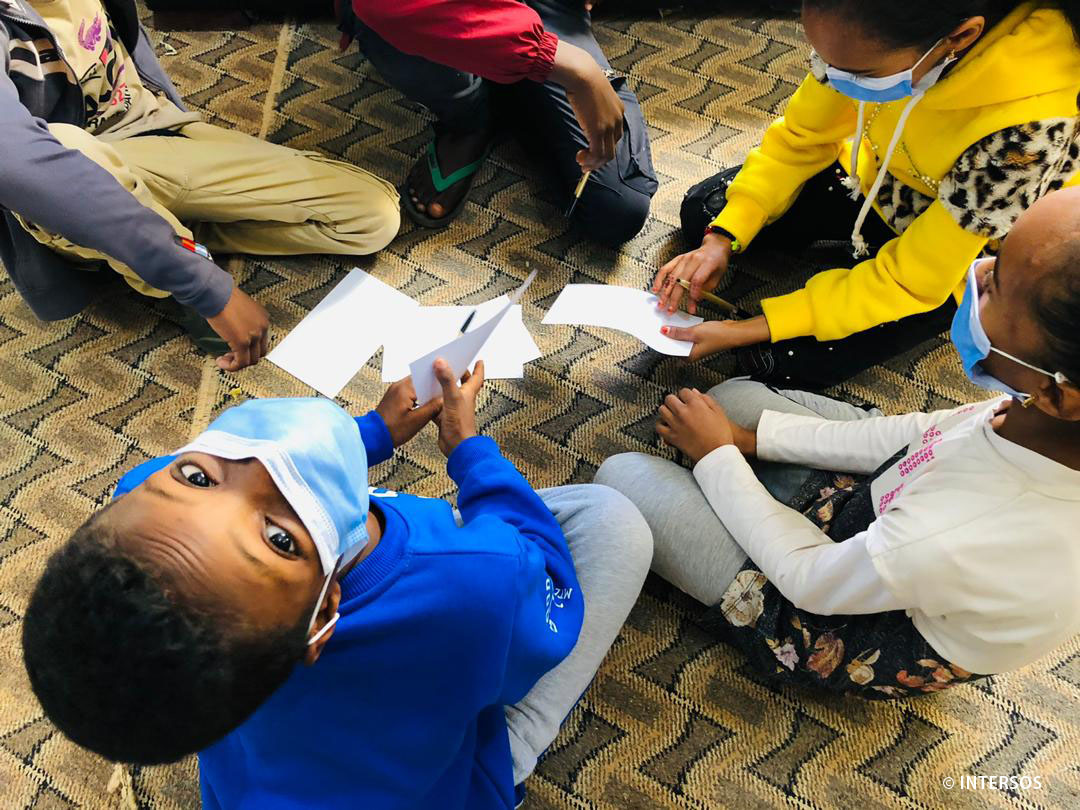منتدي ليبيا للمنظمات الدوليه غير الحكوميه (LIF) هو شبكة مستقلة تتكون من 23 منظمة غير حكومية دولية (INGOs) عاملة في ليبيا، وتتوزع مقراتها في أكثر من 8 دول مختلفة وتقدم مجموعة واسعة من البرامج الإنسانية والإنمائية وبرامج بناء السلام في ليبيا. أنشأ المنتدى في عام 2016، ويرأسه مدير ومنسق للمناصرة يدعمان ويعززان أصوات المنظمات غير الحكومية الدولية لضمان اتباع نهج جماعي ومشترك لمعالجة القضايا الرئيسية ذات الاهتمام المشترك مما يسمح بتنفيذ البرامج بشكل منسجم وفعال في ليبيا.
تدعم أمانة المنتدى أعضاءه للعمل بشكل مشترك على المبادرات الجماعية وتركز جهودها من خلال أربعة مجالات رئيسية: تبادل الخبرات وإدارة المعرفة، والتنسيق، والمناصرة والمشاركة الجماعية، و تطوير الاستجابة المحلية.
إخلاص بن معلم
مسؤول أول عن الشؤون الإدارية وإدارة الخبرات
غيداء رشماوي
منسقة تطوير الاستجابة المحلية في منتدى المنظمات الدولية غير الحكومية
إديث جوموت
مستشارة المناصرة في منتدى المنظمات الدولية غير الحكومية
ماثيو تشراستك
مدير منتدى المنظمات الدولية غير الحكومية
توماس ويتورث
(المجلس النرويجي للاجئين)
جاريد رويل
(لجنة الإنقاذ الدولية)
إيفلين ليرنوت
(منظمة INTERSOS)
كامي سالنير
منظمة الطوارئ الدولية (PUI)
سام باكلي
( تشيسفي CESVI)
يلتزم منتدى المنظمات الدولية غير الحكومية وأعضاؤه بالمبادئ الإنسانية المتمثلة في الإنسانية وعدم التحيز والحياد والاستقلالية ويكرسون أنفسهم للتمسك بها:
الإنسانية: يجب معالجة المعاناة الإنسانية أينما وجدت. الغرض من العمل الإنساني هو حماية الحياة والصحة وضمان احترام البشر.
الحياد: يجب على العاملين في المهمات الإنسانية عدم الانحياز لأي طرف في الأعمال العدائية أو الانخراط في خلافات ذات طبيعة سياسية أو عرقية أو دينية أو أيديولوجية.
عدم التحيز: يتم تقديم المساعدة على أساس الحاجة فقط وعدم التمييز على أساس الجنسية أو العرق أو الجنس أو المعتقد الديني أو الطبقة أو الآراء السياسية.
الاستقلالية: يتم تقديم المساعدة بشكل مستقل عن الأهداف السياسية أو الاقتصادية أو العسكرية أو غيرها من الأهداف التي قد تكون لأي طرف فاعل فيما يتعلق بالمناطق التي يتم فيها تنفيذ العمل الإنساني.
كما يولي أعضاء-عضوات المنتدى ومراقبوه أولوية لسلامة الأشخاص الذين يسعون الى مساعدتهم. يدرك أعضاء المنتدى أن أي مشروع يقومون به يمكن أن يكون له آثار إيجابية وسلبية على البيئة المحيطة. من خلال التمسك بمبدأ “عدم إلحاق الضرر” ، يلتزم أعضاء المنتدى بتطوير فهم سليم للسياقات التي يعملون فيها. ويمكّنهم هذا الفهم من توقع وتقييم جميع الآثار المحتملة لتدخلاتهم. وبالتالي، فإن مفهوم “عدم إلحاق الضرر“ يعني أن أعضاء المنتدى يدرسون بعناية التفاعلات بين تدخلاتهم المخطط لها والسياق قبل البدء في أي مشروع. فهم يسعون جاهدين لتوقع أي ضرر غير مقصود قد ينشأ عن تقديم المعونة وكذلك الضرر الذي قد ينجم عن عدم تقديم المعونة. وبناءً على هذا التحليل، يمكن للأعضاء تعديل برامجهم لضمان تقديم المعونة بشكل أخلاقي.


